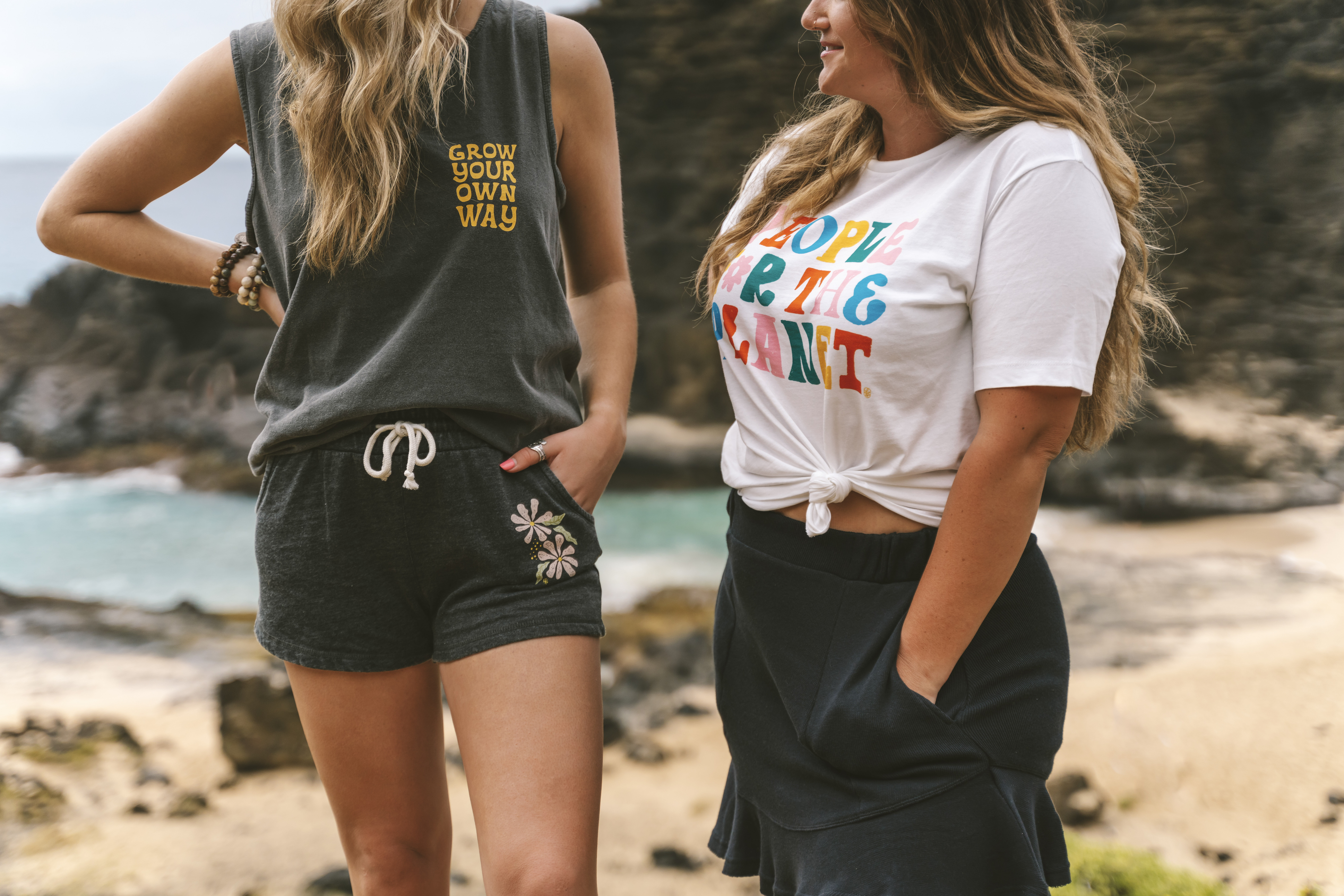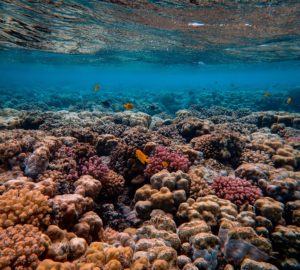There’s been a ton of conflicting information about sunscreen online lately. While sunscreen has been touted as an absolute must (even in winter) for decades, new research has questioned whether or not the benefits outweigh the risks. Yes, sunscreen protects you from skin cancer – but could its chemicals make you sick anyway?
We’re breaking down all the myths so you can protect your skin and the environment.
All about sunscreen and the environment

Save your skin from harmful rays
There’s no question about it – sunscreen packs a ton of skin-saving benefits. It protects your skin from sun damage, meaning you’re less likely to develop skin cancer. According to the Skin Cancer Foundation, “About 90 percent of all skin cancers are associated with exposure to the sun’s harmful radiation.”
When used as directed, the Skin Cancer Foundation says sunscreen with SPF15 or higher prevents the most common forms of precancerous cells, and studies shows that it also lowers your risk of developing melanoma. When it comes to your skin’s long term health, slathering on sunscreen is still a very smart choice.

But can sunscreen actually make you sick, too?
Recent reports have suggested that sunscreen can soak all the way into your bloodstream. Right now, more testing is needed to determine the effects (or lack thereof) of absorbing all those chemicals. In the meantime, you might want to stick to mineral sunscreen brands that contain zinc oxide and titanium dioxide – those two ingredients are generally safe.

What about vitamin D deficiency?
While blocking out the sun’s rays, does sunscreen also block out our ability to synthesize vitamin D? After all, absorbing a little bit of sunshine is needed to produce our daily dose.
The short answer is no – sunscreen doesn’t cause vitamin D deficiency. According to a study by British Journal of Dermatology, sunscreens allow “excellent vitamin D synthesis”. Now that’s a win!

How does sunscreen impact our oceans?
One downfall of sunscreen is, of course, its bleaching effect on coral reefs. Popular vacation destinations like Hawaii have even started to ban sunscreens that contain oxybenzone, one of the most toxic chemicals for coral. You can make a difference by switching to a biodegradable sunscreen that doesn’t list oxybenzone in its ingredients.
Our picks for biodegradable sunscreens
View this post on InstagramA post shared by Ocean Potion® Sunscreen (@oceanpotionsunscreen) on
- Jason Mineral Sunscreen SPF 30
- Ocean Potion Sunscreen Lotion
- Rocky Mountain Soap Natural Sunscreen SPF 30 Vanilla Coconut
- Sun Bum Mineral SPF 50 Sunscreen Lotion
View this post on InstagramA post shared by Rocky Mountain Soap Company (@rockymountainsoapco) on
Despite all the buzz, sunscreen is still very important for your skin’s health – just be more conscious of the brands you select!
More ways to have eco-friendly fun in the sun:
- 8 easy ways to make your summer vacay eco-friendly
- You need these 9 apps for the best vegan summer vacation
- Get the most out of summer with the best vegan “nice cream” recipe!
- Stay gorgeous all summer with these 7 cruelty-free beauty essentials
- Go vegan this summer! 4 reasons it’s the perfect time









